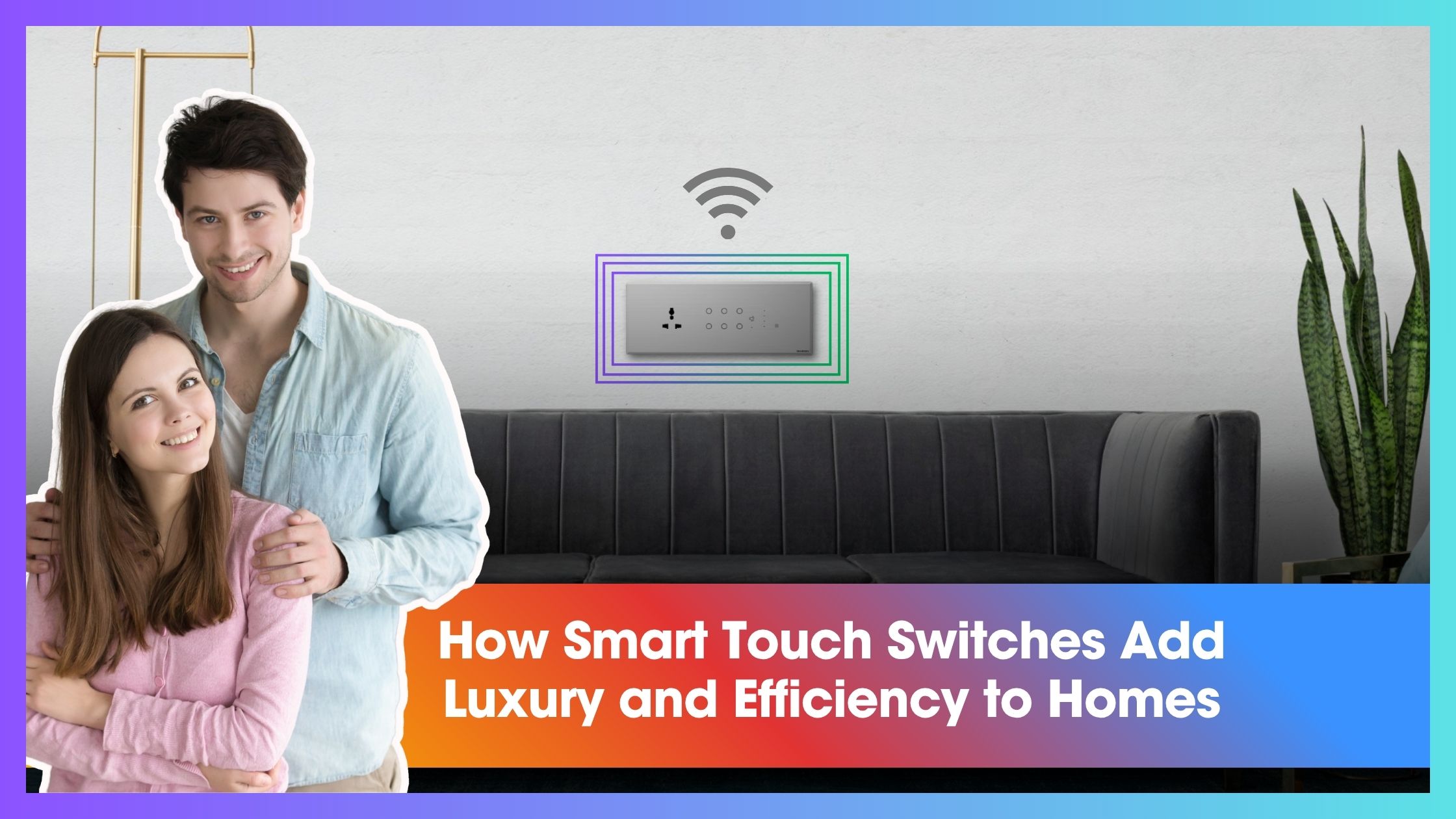Wireless vs Wired Home Automation: 7 Essential Pros & Cons (2025 Guide)
Wireless vs wired home automation is one of the most important choices homeowners face when planning a smart home. From lighting and climate to security and entertainment, this decision shapes convenience, cost, and long-term reliability. According to Statista’s smart home research, adoption of automation is growing rapidly worldwide. Understanding both systems helps you choose the right setup for your home and lifestyle.
In this guide, we’ll explore the strengths and weaknesses of wireless vs wired home automation, compare their performance, and share expert insights from SmartSys Technology.
What Is a Wired Home Automation System?
A wired system uses structured cabling (CAT6/CAT7 and low-voltage lines) to connect devices like switches, sensors, and controllers back to a central hub. It’s typically installed during construction or renovation, making it reliable and future-proof.
Pros of Wired Systems
- Rock-solid reliability: Immune to Wi-Fi dead zones or signal drops.
- Low latency: Instantaneous responses for lighting, AV, and security.
- High security: Physical cabling reduces hacking risks.
- Long lifecycle: Cabling infrastructure supports upgrades for years.
Cons of Wired Systems
- Higher cost: Professional cabling and panels increase expenses.
- Disruptive installation: Best done during build or renovation.
- Limited flexibility: Expansions or late changes require extra wiring.
What Is a Wireless Home Automation System?
A wireless system connects devices via Wi-Fi, Zigbee, Z-Wave, or Bluetooth. It’s perfect for finished homes or apartments because it requires no structural changes—just connect devices to your hub or router.
Pros of Wireless Systems
- Easy installation: Great for existing homes and rentals.
- Flexible & scalable: Add devices anytime as your needs grow.
- Lower upfront cost: No major infrastructure needed.
- Remote control: Manage your home via apps and voice assistants.
Cons of Wireless Systems
- Signal dependency: Weak Wi-Fi or interference can affect performance.
- Possible delays: Network congestion may cause lag.
- Security risks: Needs strong passwords and updates.
- Compatibility issues: Not all devices work across platforms.
Wireless vs Wired Home Automation: Quick Comparison
| Criteria | Wired | Wireless |
|---|---|---|
| Reliability | Excellent; unaffected by Wi-Fi | Good; depends on coverage |
| Latency | Very low | Low to moderate |
| Security | Strong (physical) | Strong with good practices |
| Installation | Invasive; best for new builds | Quick & easy |
| Cost | Higher upfront | Lower initial cost |
| Scalability | Planned expansion | Flexible growth |
When to Choose Wired, Wireless, or Hybrid
If you’re building or renovating, wired home automation offers unmatched reliability. For existing homes, wireless automation is practical and cost-effective. Many homeowners now prefer a hybrid model, combining wired for security and lighting with wireless for convenience devices.
SmartSys Technology’s Recommendation
At SmartSys Technology, we help clients choose between wireless vs wired home automation based on their home type, lifestyle, and future needs. For new constructions, we recommend a wired backbone. For finished homes, wireless or hybrid systems offer flexibility without major renovations.
Want expert advice? Book a free consultation with SmartSys Technology today.
For more insights, check out our guide on smart home energy savings.
Frequently Asked Questions (FAQ)
1. Is wired automation always better than wireless?
No. While wired is more reliable, wireless is often better for existing homes. Choosing between wireless vs wired home automation depends on budget, space, and needs.
2. Can I mix wired and wireless devices together?
Yes. Hybrid systems combine both, using wired for critical functions and wireless for flexibility.
3. Will a wireless system work if my Wi-Fi is weak?
Not always. Wireless systems depend on strong connectivity. Mesh Wi-Fi or Zigbee hubs improve stability, but critical systems may need wired solutions.
4. What about maintenance costs?
Wired systems require less maintenance long-term. Wireless devices may need more updates but are cheaper to replace individually.
5. Which option is best for a small apartment?
Wireless systems are usually ideal for apartments due to easy setup, low cost, and flexibility.



